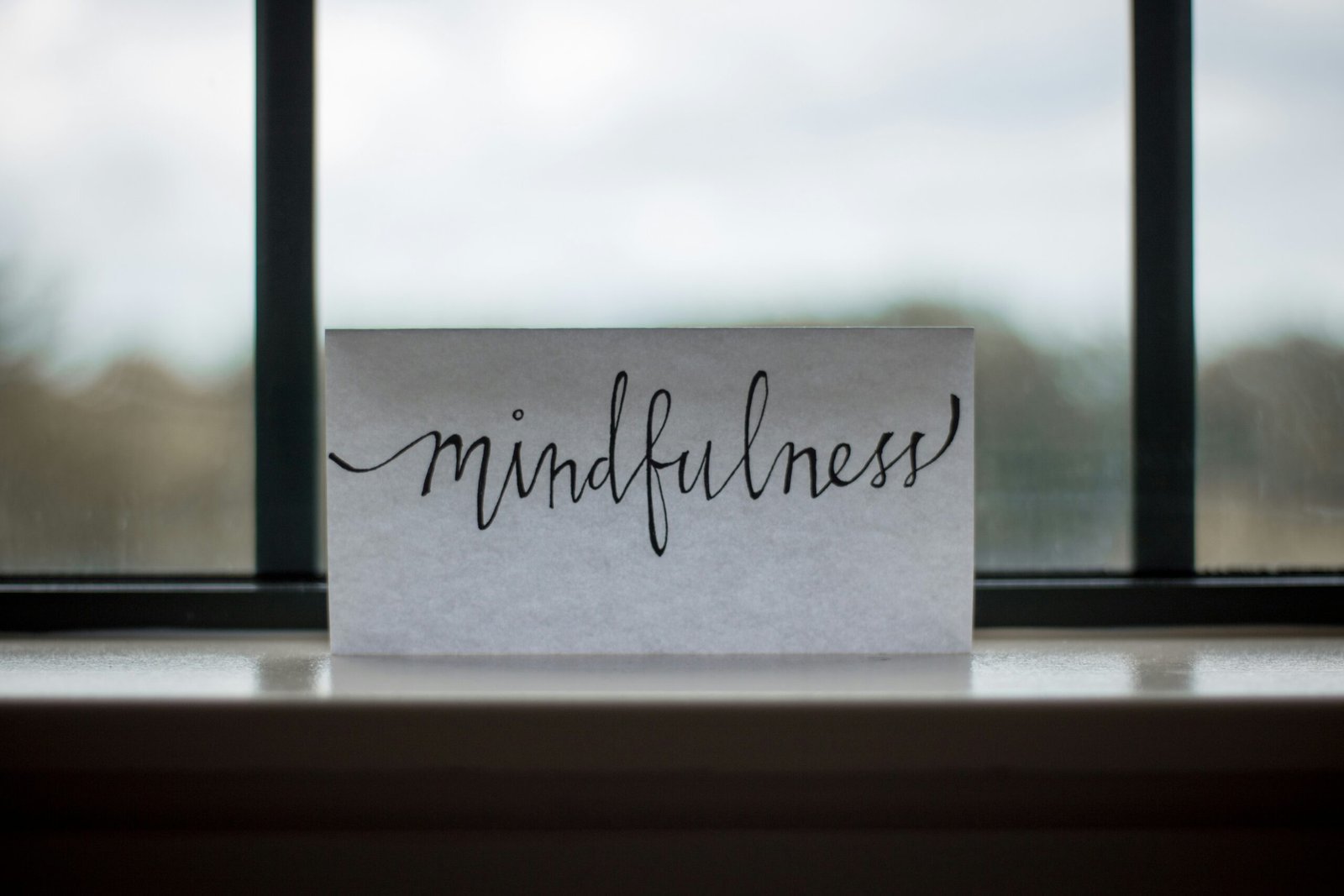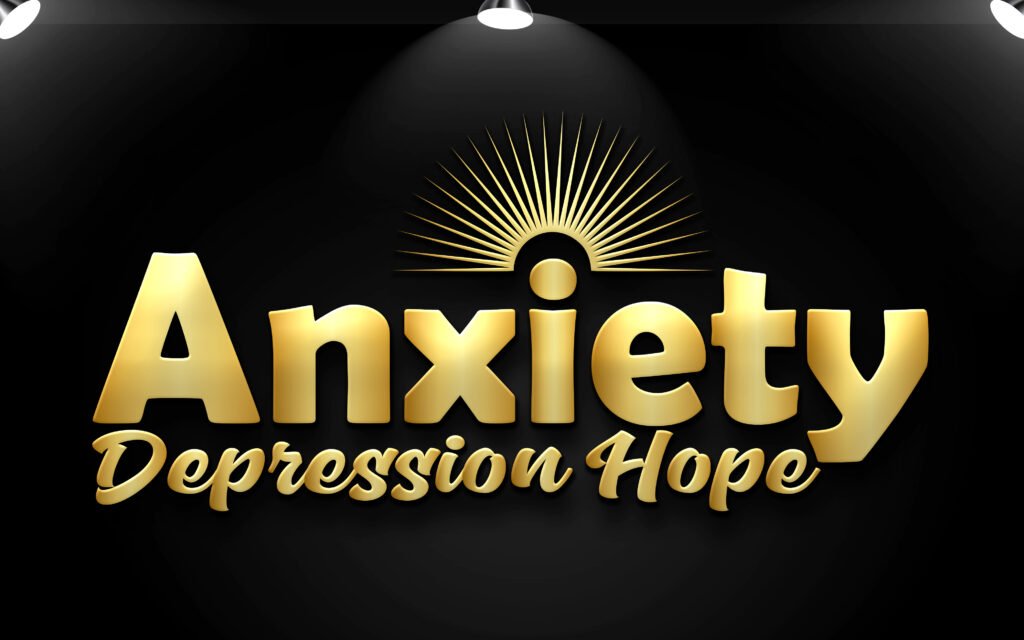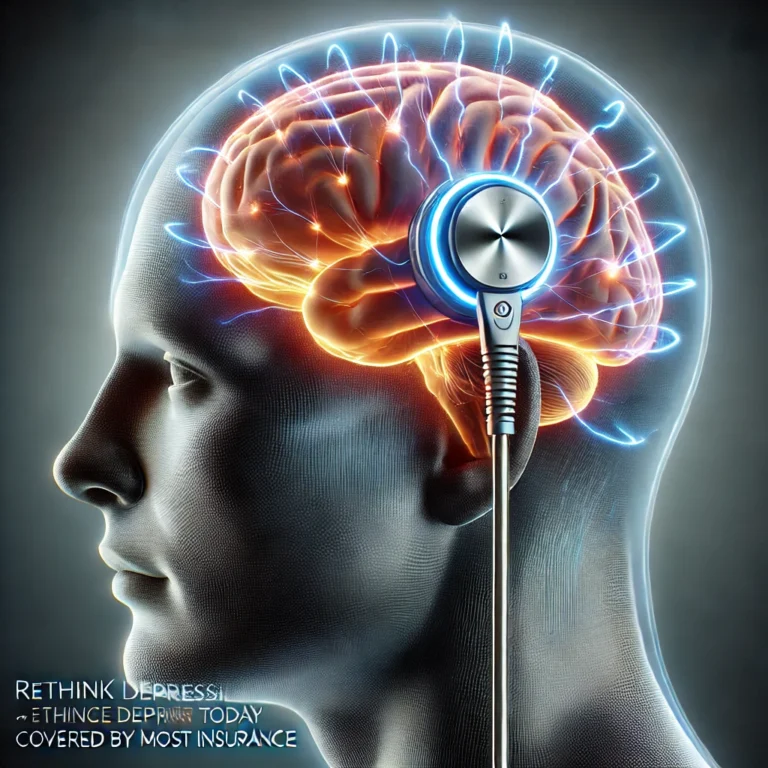Breathe Easy: How Your Breathing Affects Anxiety

Understanding the Connection
Many of us overlook the profound impact that our breathing has on our mental state, especially concerning anxiety. When we’re anxious, our breathing often becomes shallow and rapid. This change in our breathing pattern doesn’t just feel uncomfortable; it can exacerbate feelings of anxiety and create a vicious cycle. Understanding this connection between breath and anxiety is the first step towards managing these emotions more effectively.
Simple Breathing Techniques
Fortunately, there are simple breathing techniques that can help you regain control over your breath and, consequently, your anxiety. One popular method is diaphragmatic breathing. This technique encourages deeper, slower breaths that calm the nervous system. To practice, find a comfortable position, close your eyes, and focus on inhaling deeply through your nose while expanding your diaphragm. Then, exhale slowly through your mouth. Incorporating this into your daily routine can make a significant difference.
Practicing Mindfulness through Breath
Another effective way to manage anxiety is by integrating mindfulness with your breathing exercises. Mindfulness encourages you to stay present in the moment, and when combined with focused breathing, it can help diminish anxious thoughts. Consider setting aside a few minutes each day to practice mindful breathing. As you breathe in and out, acknowledge your surroundings and the sensations in your body without judgment. This simple practice can enhance your emotional well-being and lessen anxiety over time.







